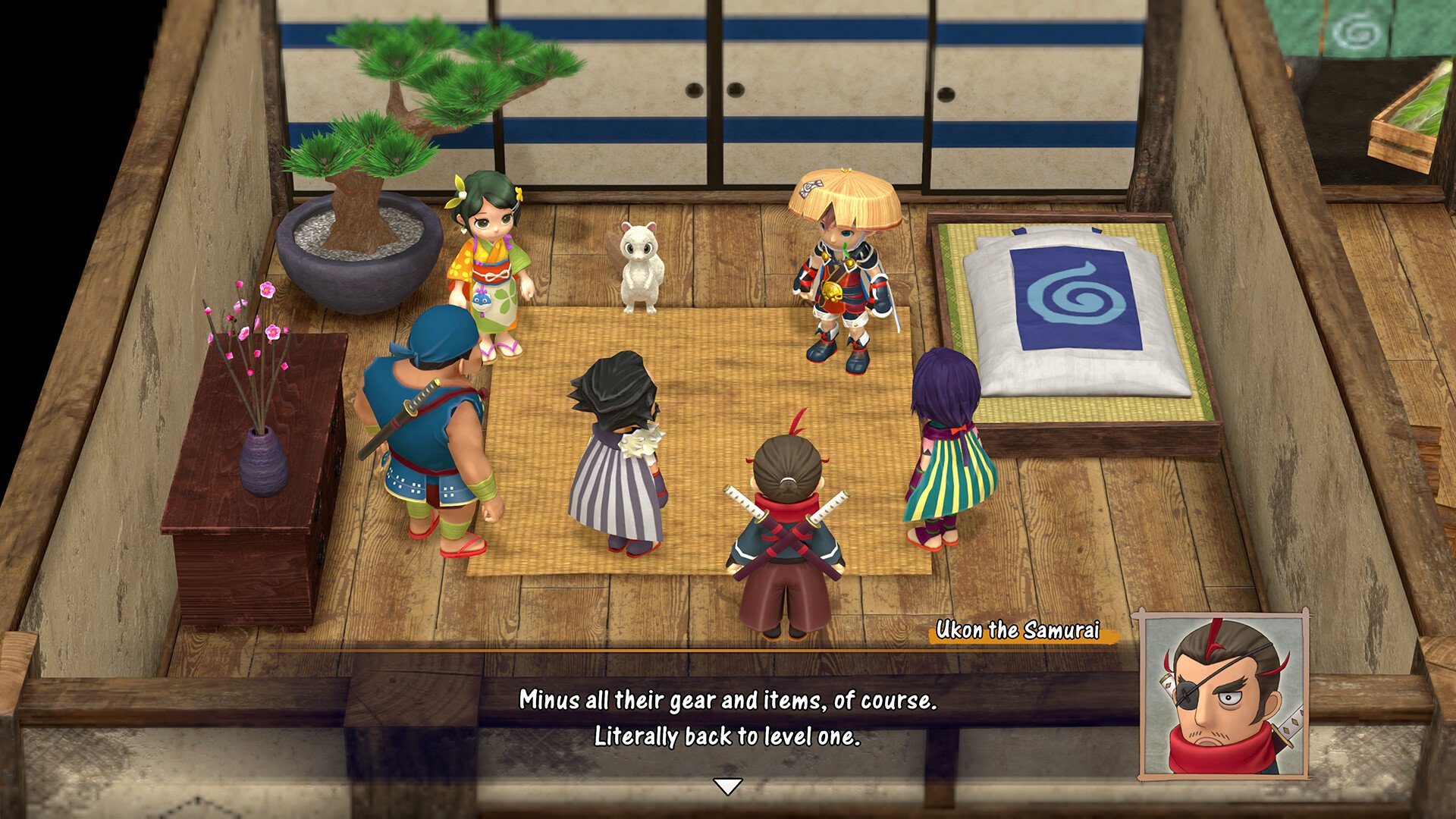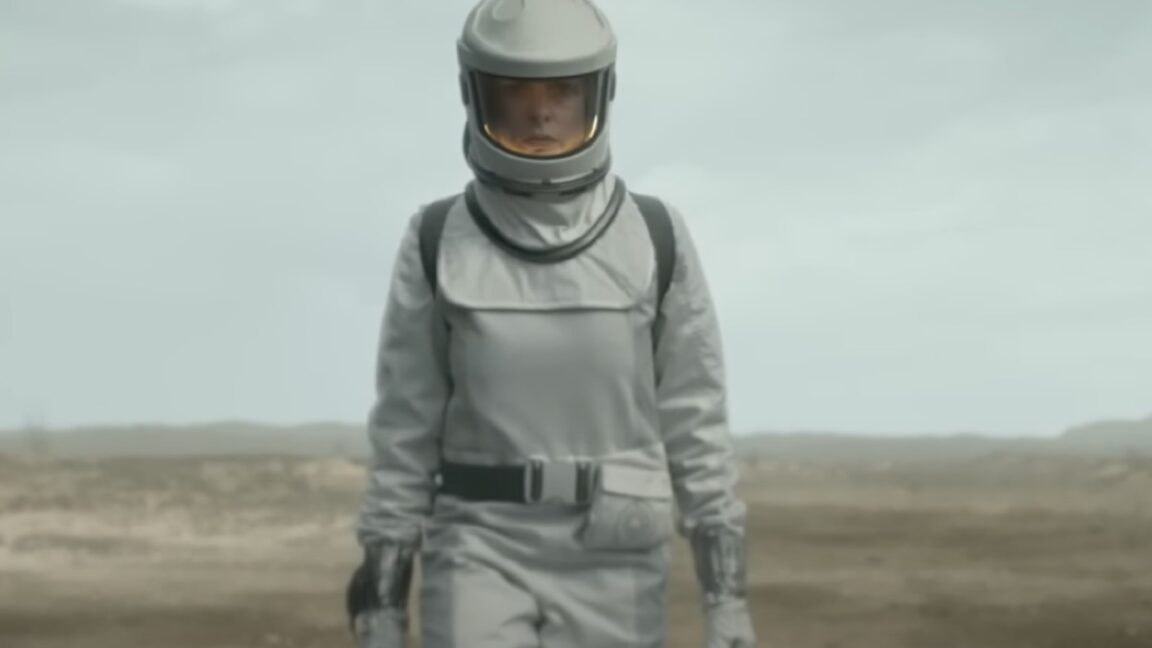Peter Watts is the author of some of the darkest and most thoroughly researched science fiction novels ever written. One of his early fans was horror author Theresa DeLucci, who read his debut novel Starfish while working at Tor Books in the early 2000s.
“I had never really read a lot of hard science fiction, but his concepts really intrigued me, and the editor at the time told me that it was really, really dark, and he thought that I would like it, and he was absolutely correct,” DeLucci says in Episode 551 of the Geek’s Guide to the Galaxy podcast.
Watts is best known for his 2006 novel Blindsight, about a crew of augmented humans who are sent to intercept an alien vessel. Science fiction author Sam J. Miller says that Blindsight features some of the best-written aliens in all of science fiction. “One of the things that this book—and Peter Watts in general—does really well is imagining the alien in a way that feels real and true,” he says. “I feel like I can count on less than two hands how many times—in all the science fiction that I’ve consumed—how many times something really feels alien, as opposed to the Star Trek model of ‘a green-skinned person.’”
Fantasy author Seth Dickinson says that much of the power of Blindsight comes from its insights into the workings of the human mind. After exposure to alien technology, the characters in the book become afflicted with conditions such as Cotard’s syndrome, which makes a person believe they are already dead. “There’s a meter in your head that says, ‘This thing I’m looking at is part of me,’ and if that meter glitches out and tells you when you look at your arm, ‘This thing isn’t mine,’ you’ll believe that,” Dickinson says. “This is not to say I wholeheartedly agree with everything Blindsight argues about human cognition, but it does a really, really good job of using the weirdness of the human mind gone awry as a source of horror and thrills.”
And while Blindsight is an undeniably brilliant book, it’s anything but light reading. Geek’s Guide to the Galaxy host David Barr Kirtley warns that some readers may be put off by the book’s dense scientific jargon. “If you’re a hard science fiction fan, this is going to be your favorite book—or one of your favorite books—of all time,” he says. “But this is not, in my opinion, a book to give to someone who is not a science fiction reader to convince them to read science fiction.”
Listen to the complete interview with Theresa DeLucci, Sam J. Miller, and Seth Dickinson in Episode 551 of Geek’s Guide to the Galaxy (above). And check out some highlights from the discussion below.
Sam J. Miller on “The Things”:
I had a really formative experience with the [Peter Watts] short story “The Things.” The Thing is one of my favorite movies, and besides the fact that “The Things” is a brilliant story, it’s such a badass move to just be like, “I’m going to totally write fanfic about this IP, and I’m going to publish it, and it’s going to be amazing.” That was a big inspiration for me, because I also have a lot of strong feelings about The Thing, and I wrote a story called “Things with Beards,” which was also published in Clarkesworld, where “The Things” was published. It got a Nebula nomination, and it’s one of the things that I’m more proud of of mine. So yeah, Peter Watts gave me permission to write The Thing fanfic.
Seth Dickinson on mystery:
There is so much advice in any art about the uncanny or the weird or the creepy that the less you reveal the better. There’s even this mystery box ideology—like J.J. Abrams—that the box is always more interesting when it’s closed. You give hints of the monster but you don’t show it. And one thing I really admire about this book, even though I think it has its structural problems, is he opens the box up all the way, and his answer to “the reader’s imagination about what is in the box is always going to be scarier than what you show them” is “No! I imagined something even scarier. Here it is. Take a look. Here’s my footnotes.” I really admire that.
Theresa DeLucci on characterization:
What I love about Peter Watts novels is that he always does have these difficult characters. He has a lot of empathy for abuse and trauma survivors, and all of the characters on the ship really have that in their background. It was something that was very explicit in the Rifters series. … On the surface Peter Watts always has this kind of misanthropic way of talking about humans in the future, and it seems not a lot of hope. But it is there, in how the characters react to each other, how they play off of each other. It’s human, and it feels realistic and well-drawn. There is an underlying empathy there, if there’s not always hope.
Seth Dickinson on originality:
So often with horror, you get a wonderful opening and then it all falls apart when they reveal the monster or the killer or whatever. And it’s even harder to do in science fiction because there’s such a—for a literature of ideas—such a small set of answers that usually gets given to the question, “What are the aliens like?” “Oh, they’re a hive mind.” “They’re nanites.” There’s not a lot really new. And so even though Blindsight is well more than a decade old at this point, it’s just one of those books I read where I was like, “Damn, I have never read anything like this before.” And I crave that. If anybody else finds more stuff like that, send it to me.










